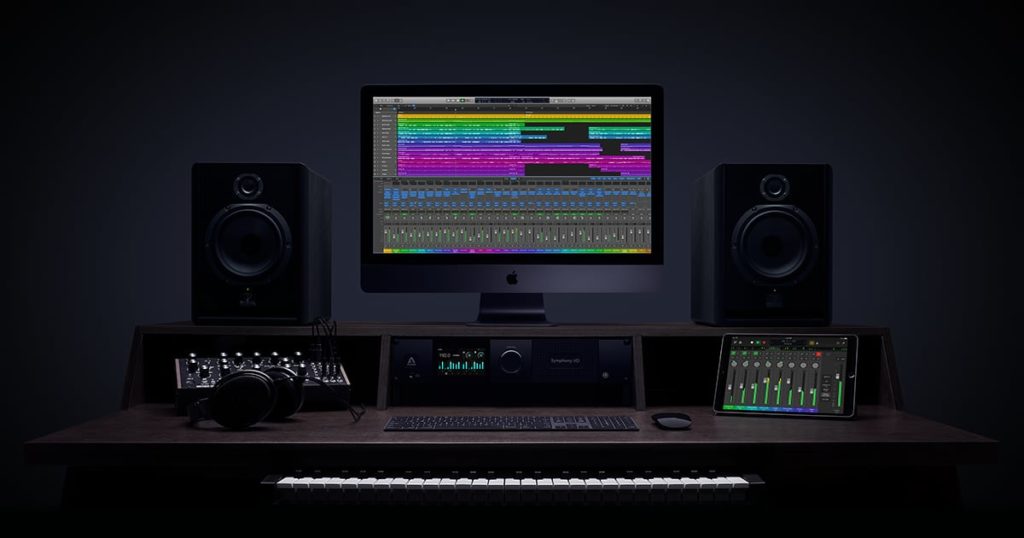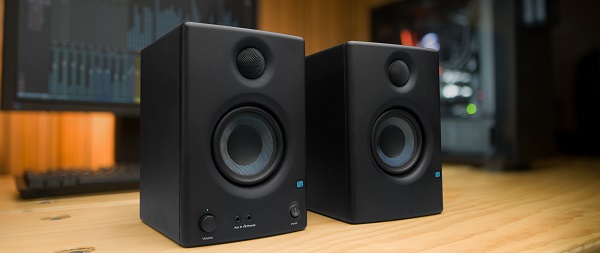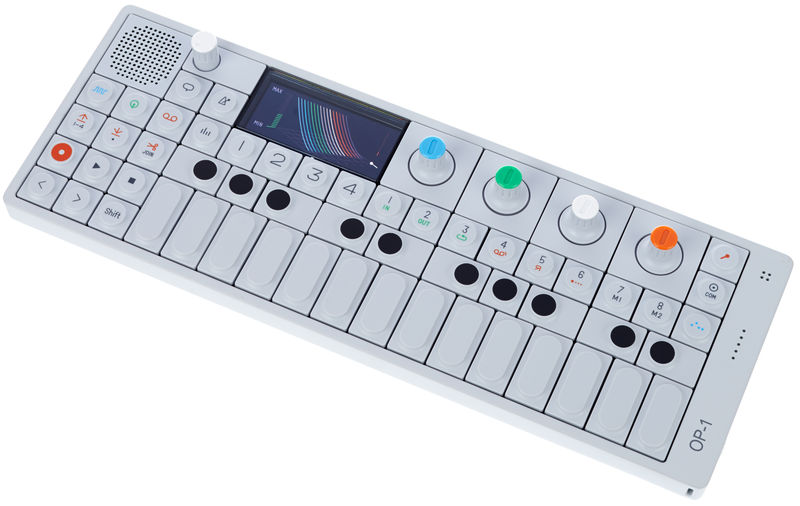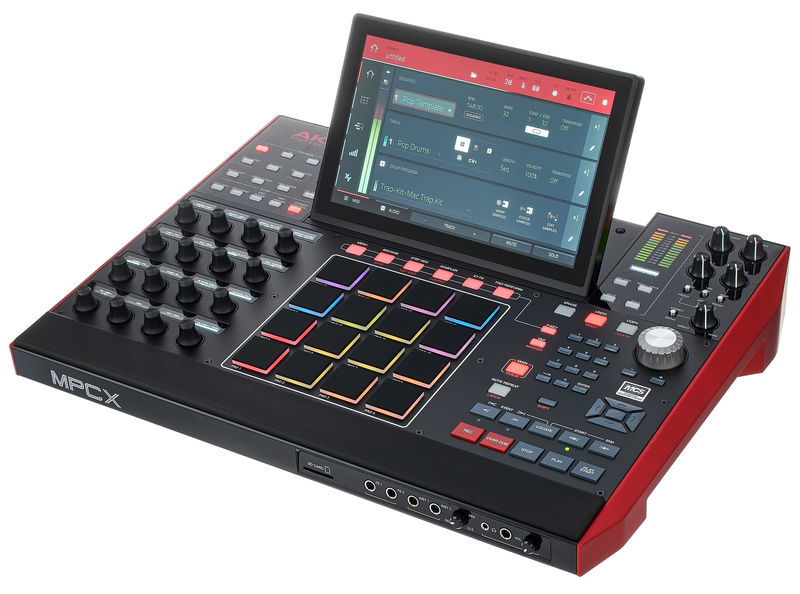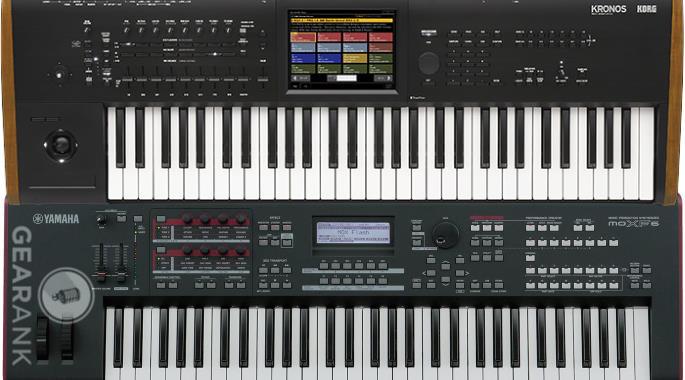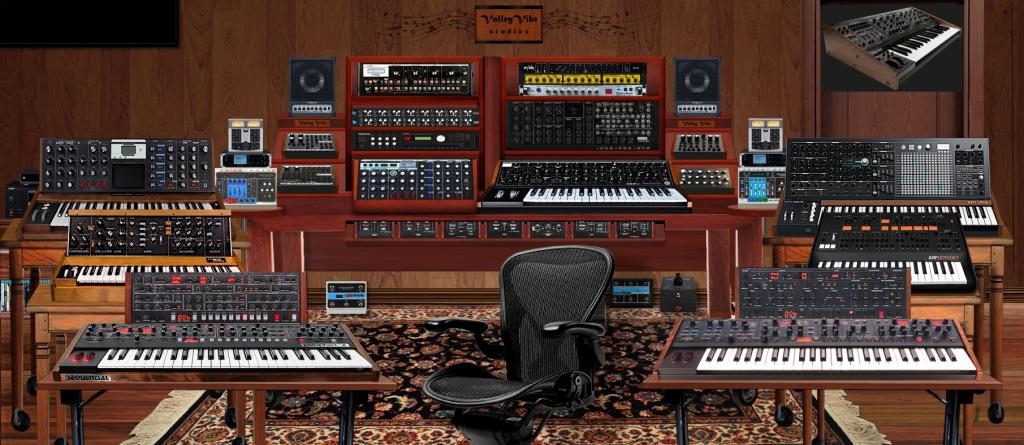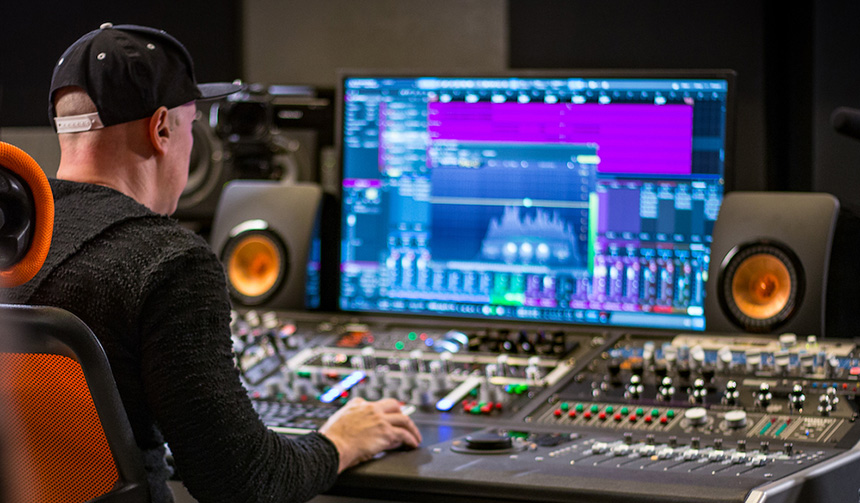Do you want to build your own home studio and don’t know how to start? Are you a beginner in music production or do you want to take on the challenge? Are you thinking of having a decent studio that doesn’t cost 500 euros to take your first steps in this world? Then you’re in luck! Today we are going to talk about how to build a low cost home studio step by step. Here I will explain all the details of the devices you will need, their price, features, links to buy them in different online shops, etc.
Step 1: Monitors
Presonys ERISE3.5 Studio Monitor (98 euros)
These monitors have 3.5-inch drivers with a defined sound and quite accurate bass. They have a crossover frequency of 2.8 kHz and acoustic correction, so you get a very realistic sound reference, which is very good for mixing. There is no doubt that the price/performance ratio is extremely good and the product ratings on the internet are very good, so it’s perfect for beginners and has a great level.
Paso 2º: Tarjeta de sonido
Focustite Scarlet Solo 2nd Gen Interface Audio (95 euros)
This card is a real classic, and everyone buys it year after year. With this card you get excellent quality for a very low price. It’s cheap mainly because it doesn’t have very versatile recording possibilities (it only has one input and one output, it’s not suitable for synthesizers or other balanced instruments due to its mono input, etc) but the quality is very good and if you have a guitar or a microphone it will serve you perfectly.
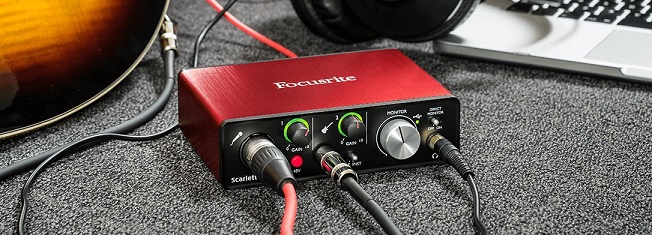
Step 3: Microphone
Rode NT-USB Mini (119 euros)
In the case of microphones, the price/quality ratio is similar to that of cards: from 100 euros you get very decent results. In this case we have a condenser microphone made mainly of metal, with a robust sound and a frequency response of 20 Hz to 20 kHz. With this microphone you get an extremely precise and beautiful sound.

Paso 4º: Teclado
Akai MPK mini Mk2 (88 euros)
Among the MIDI keyboards, this one is one of the best rated on the internet, due to its wide variety of possibilities. It has a pad for percussion and has many advantages when used as a software controller (arpeggiator mode, joystic to control pitch or modulation, etc) and it is also light (748 g) and small (317 x 181 x 44 mm), which makes it suitable for travelling, practical and comfortable (besides its little lights when it is turned on, which is also an incentive ;P).
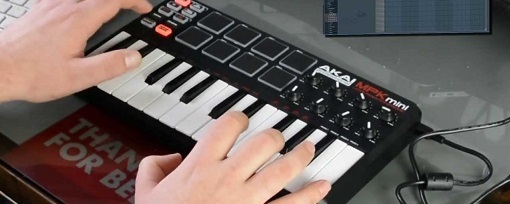
Step 5: Headphones
Samson SR850 (32,19 euros)
These headphones combined with the monitors of the first step will help you to have a more varied and correct mix reference. They are semi-open headphones. Normally, for mixing, open headphones are recommended to eliminate the fatigue caused by closed headphones, but for recording vocals, closed headphones are clearly better. With this kind of headphones that are in between the two worlds (sound engineering and vocal performance) you have the possibility to record vocals and on the other hand to edit and equalise the sound of your tracks: enjoy!
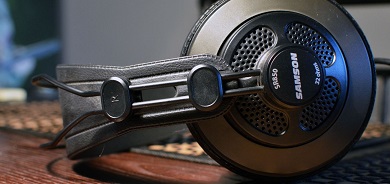
In short, using these devices you would already have a basic studio. Later on you could renew your materials and maybe buy an electric or electro-acoustic guitar, among which there are some low cost ones like the Smith W-401E BK (electro-acoustic for about 70 euros) and the Epiphone Enolhsch1 Les Paul SL (electric for about 100 euros), and with this you would have your new complete set up for a more than acceptable price. Total = 432 euros. ^^
I hope this mini-tutorial for beginners in music production has helped you, but remember that, without a doubt, if you want to go “for broke”, the best thing to do would be to get your own advice or ask a friend or professional to recommend customised products if you are looking for something that adapts to your possibilities and needs.
If you want to learn more about other issues related to music production and home studio in my blog you have other chapters like my method to produce music or how to have the desire to work as a music producer, which surely give you good advice and ways of working if you want to focus on the world of production at a professional level.
As always, I leave you some similar blogs, and remember that you can buy rap, trap, dembow, pop, r&b, dembow, reggaeton… beats! A la carte.
